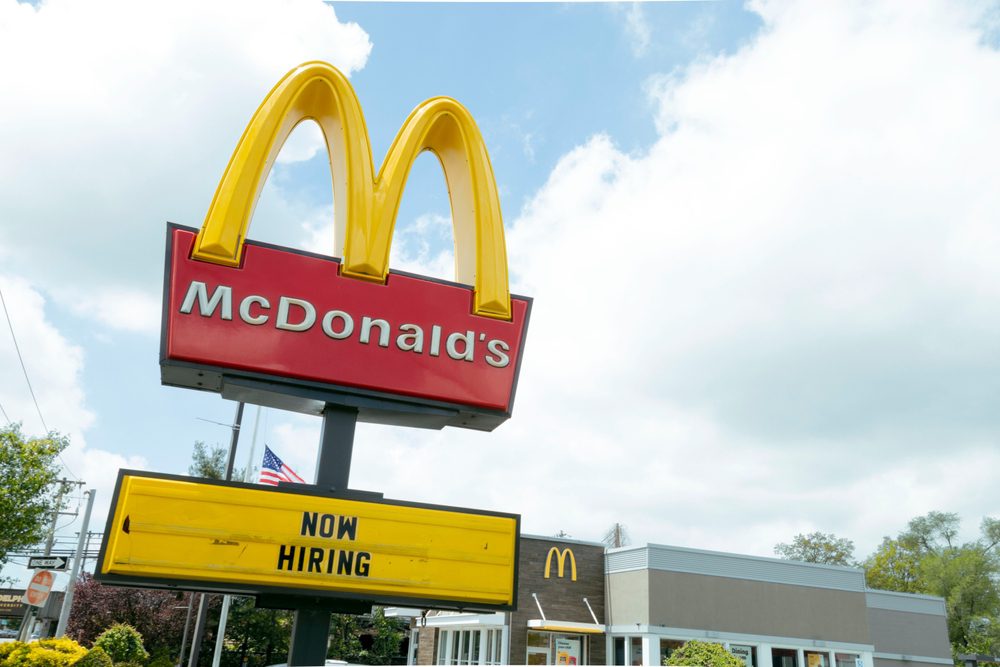Google Talk, Gmail, Desktop Search, Toolbar, Orkut, Froogle, the list of free Google services that actually add value to our everyday Internet experience goes on and on. Last week I discussed Google’s maturation from simply a search engine to a bonafide software company, encroaching on the once-thought-impossible Microsoft territory. But how about taking it one step further from just applications and offering free Wi-Fi to the world? It looks like we’re headed there.
This past Tuesday, Google validated speculation that it would launch its own Wi-Fi service by offering a downloadable Wi-Fi client application, known as Google Secure Access. The download page for the beta version of the application boldly states, “Your wireless connection is almost ready to use.” Is Google truly on the verge of offering free Wi-Fi service to users across the nation? Google’s recent moves seem to indicate that one of the globe’s biggest search engines could quite possibly become one of the world’s biggest Internet providers and one of its most powerful ad sellers. Offering Internet access not only allows for more potential Google users to get online, but also provides the company with an additional medium to target consumers with ads, particularly precise location-based advertisements for wireless users.
In April, Google sponsored a Wi-Fi hotspot built by Feeva, a local software platform company, in San Francisco’s Union Square shopping district. While a partnership between the two companies has been confirmed, details of the alliance have been kept hush-hush. Google’s interest in Feeva, allegedly finds its roots in the startup’s proprietary technology, which can not only pin point the location of every Wi-Fi user, but also allow Google to target advertising to a user’s exact location based on real-time data.
Google has also reportedly had strong interests in unused fiber optic, also known as "dark fiber” and has allegedly invested heavily in building a communications infrastructure. In July, Google, along with investment bank, Goldman Sachs and media publisher, Hearst, invested a figure close to $100 million in Current Communications, a company that provides technology for delivering broadband internet access over power lines. Also, let’s not forget that in August, Google acquired a 22-month-old startup in Android Inc., a Palo Alto based company that specializes in developing wireless software and hardware.
Google spokesman, Nate Tyler, announced on Tuesday that the Wi-Fi service would be publicly tested at a pizza parlor and a gym near the company’s Mountain View headquarters. Tyler also added, “Google Wi-Fi is a community outreach program to offer free wireless access in areas near our headquarters.” Perhaps Google’s recent push into wireless, “the next frontier in search”, is all part of Google’s initial efforts in fulfilling its mission statement found on its website, which is to not only “organize the world’s information,” but to also, “make it universally accessible and useful.” Certainly, by providing free wireless service to all, Google gets one step closer to realizing that dream and that much closer, to world domination.
Sources:
http://www.businessweek.com/technology/
content/aug2005/tc20050817_0949_tc024.htm
http://wifi.google.com/faq.html
 Network
Network

